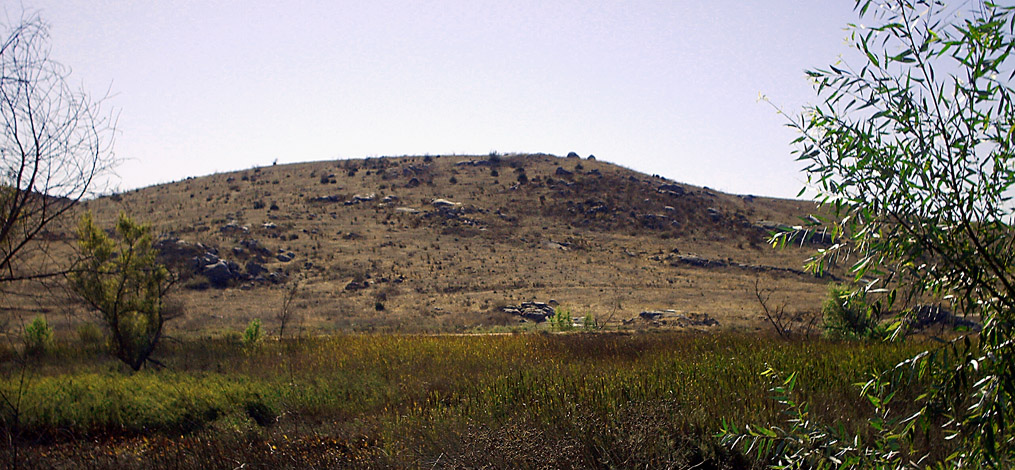We’re in a situation right now affecting the health as well as the economic and social well-being of all San Diego County residents as well as our fellow human beings across our region and across the world. So I felt the need to look for historical lessons about another plague.
Right now it’s worth remembering that humanity defeated smallpox in 1979. An Associated Press dispatch printed in The San Diego Union of October 19 1979 noted that “On October 26, officials of the Geneva-based World Health Organization which led the final assault on the virus, will travel to Nairobi to declare that smallpox has been eradicated.”
“Over the centuries,” the article noted, “smallpox killed, blinded or permanently scarred hundreds of millions.” But a worldwide campaign to educate and vaccinate people had reached the point where there had been no new cases reported since 1977. A Union article in December of 1979 stated: “Smallpox experts, saying no one has collected the $1,000 reward offered by the World Health Organization since 1979 for anyone reporting a verified case of the disease, recommended that the U. N. General Assembly drop the offer.”
The triumph of humanity over smallpox is one of the examples cited in a recent Time Magazine article by Yuval Noah Harari, a historian and philosopher. At the beginning of the article he makes an important point: “…while short-term quarantine is essential to stop epidemics, long-term isolationism will lead to economic collapse without offering any real protection against infectious diseases. Just the opposite The real antidote to epidemic is not segregation, but rather cooperation.”
Below is a link to the full article. I recommend it as important food for thought in this time of a new plague. Stay well everyone!
Link to Time article:
https://time.com/5803225/yuval-noah-harari-coronavirus-humanity-leadership/ .
